What powers does your organization have that Group Coaching can tap into?
Group Coaching is a powerful way to improve personal strengths, leadership qualities, and team-building, but it’s most effective when tailored to the particular characteristics and needs of your organization. That begins with some self-reflection and assessment. Here are some questions to begin with.
What business are you in?
This helps determine the focus of your Group Coaching efforts. Large corporations and small businesses can enhance leadership skills, improve team collaboration, and foster personal development. Nonprofits can help employees work more effectively toward achieving their mission. Schools and universities can improve student engagement and success while healthcare institutions can use Group Coaching to reduce burnout.
What’s your organizational structure?
A hierarchical enterprise has a top-down design with clear lines of authority and reporting, but it can be rigid and set in its ways. Some organizations opt for a flatter structure with fewer hierarchical levels, promoting a more open and collaborative environment. In matrix organizations, employees report to multiple managers, often based on both function and project.
What’s your corporate culture?
This refers to the shared values, norms, and practices within the organization. An innovative culture prioritizes innovation, entrepreneurialism, and risk-taking; it may need help with cross-team cohesion. A traditional culture emphasizes stability and adherence to established norms and may need work enhancing their left brain to include a growth mindset and the ability to embrace failure.
What’s the leadership style?
In an autocratic organization, a single leader makes decisions and directs the organization (these are increasingly rare but they do exist). It may need help hearing input from employees to create a sense of belonging. In a democratic organization, decision-making involves input from various stakeholders, but it may need help with cross-functional learning and how this collaboration can generate new ideas for innovation. A laissez-faire organization allows employees more freedom and their leaders may need help increasing their communication skills.
How diverse is your organization?
Creating a culture of equality and belonging drives an employee’s willingness and ability to innovate. The key to creating an inclusive mindset and a shared understanding is building relationships with others who have different perspectives, backgrounds, and experiences. Research has shown that an innovation mindset is 6x higher in the most-equal cultures than in the least-equal ones.
What gaps are you trying to fill?
Be specific. VMware, for instance, is an organization of well-rounded engineers who want to enhance their soft skills to complement their prodigious technical skills. They’re also passionate about building a diverse and inclusive culture in a heavily male-dominated profession. Leaders at Nielsen are using Group Coaching techniques to build their next generation of employees.
These questions are just a start, but an important one. If properly considered, they can launch your journey into Group Coaching, and make that experience all the more rewarding.












